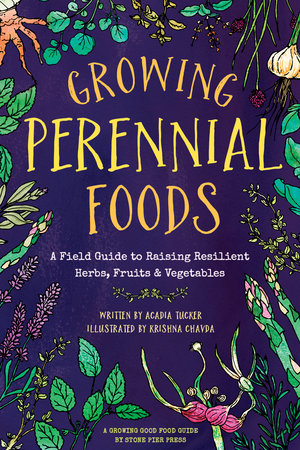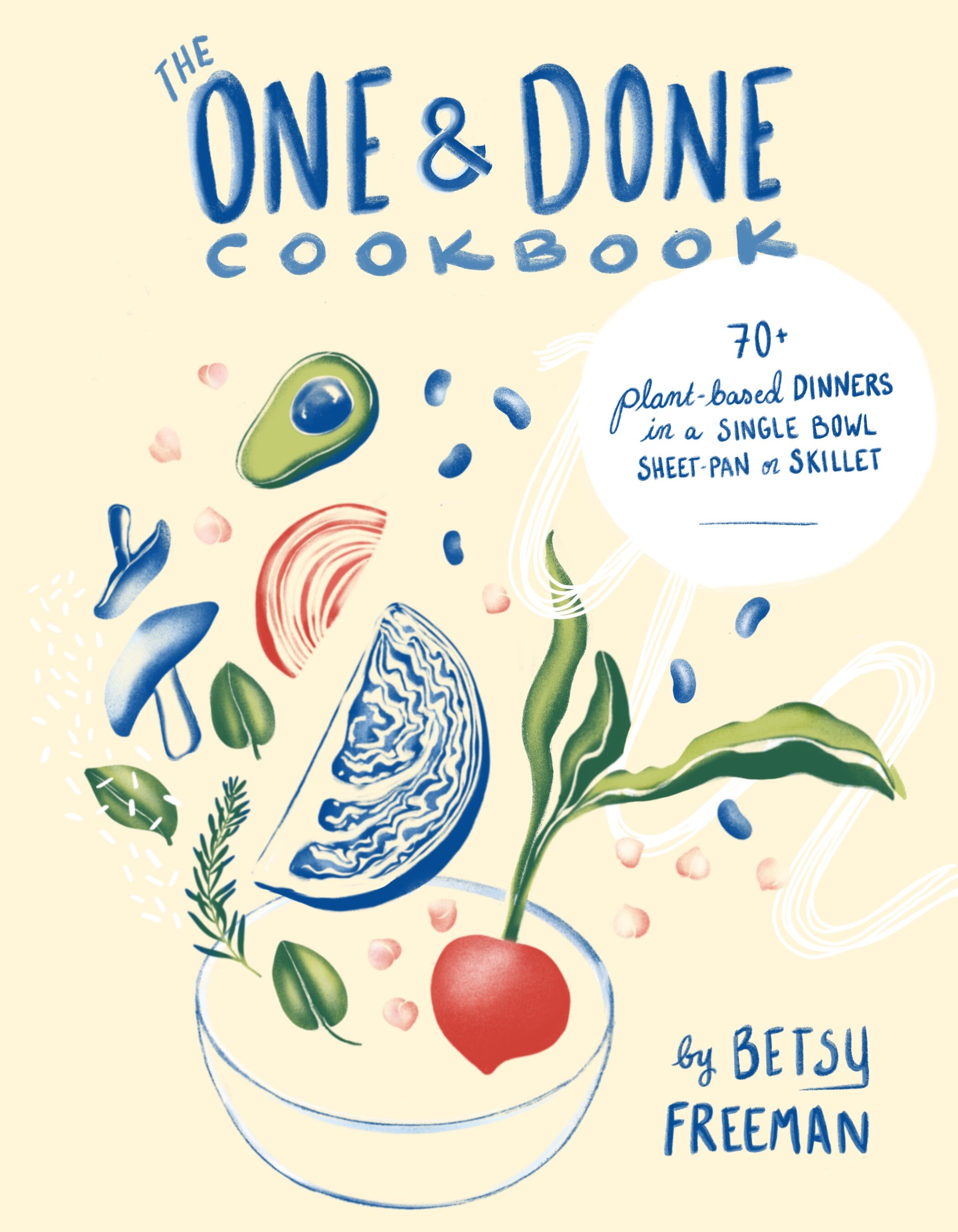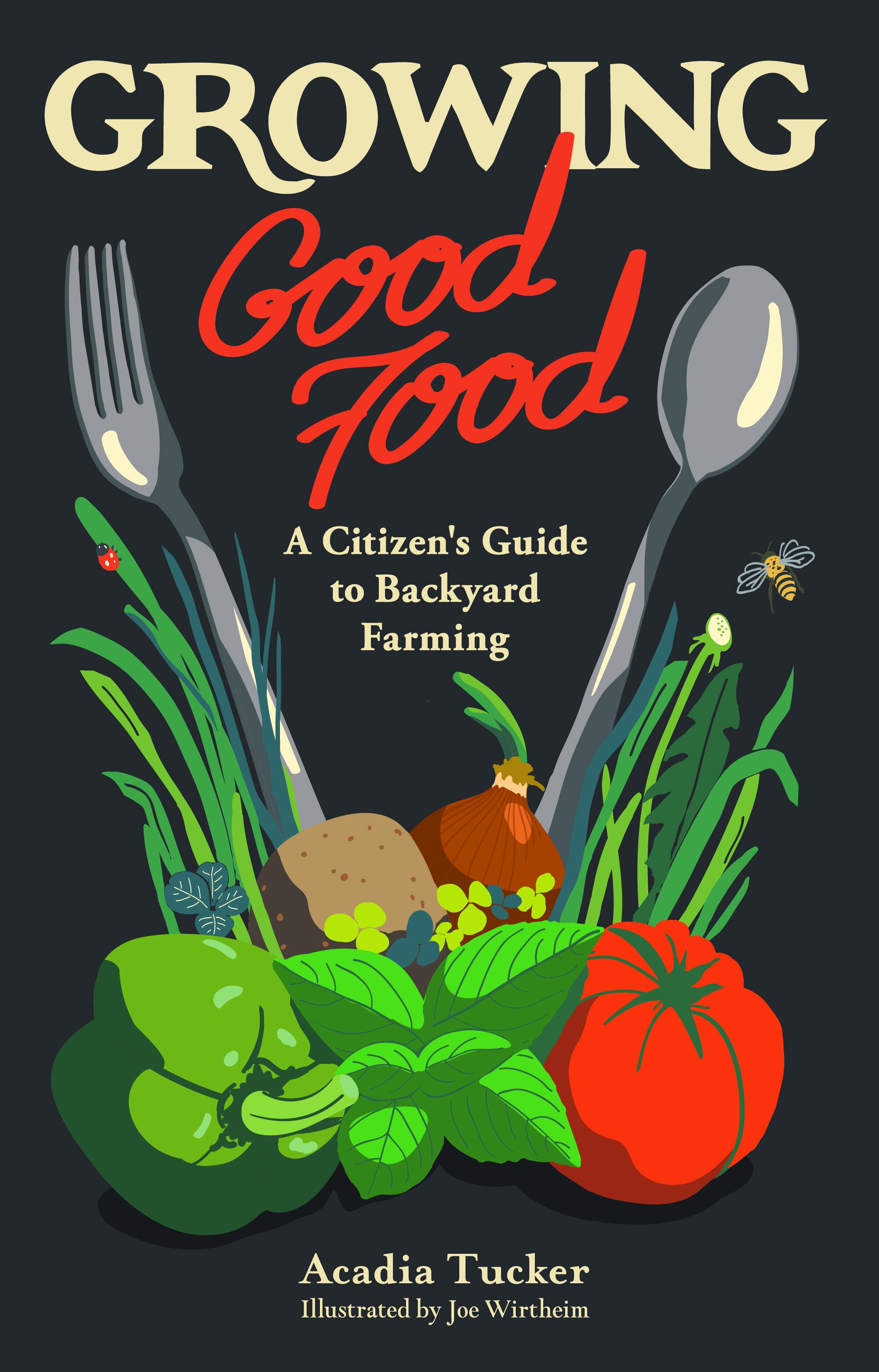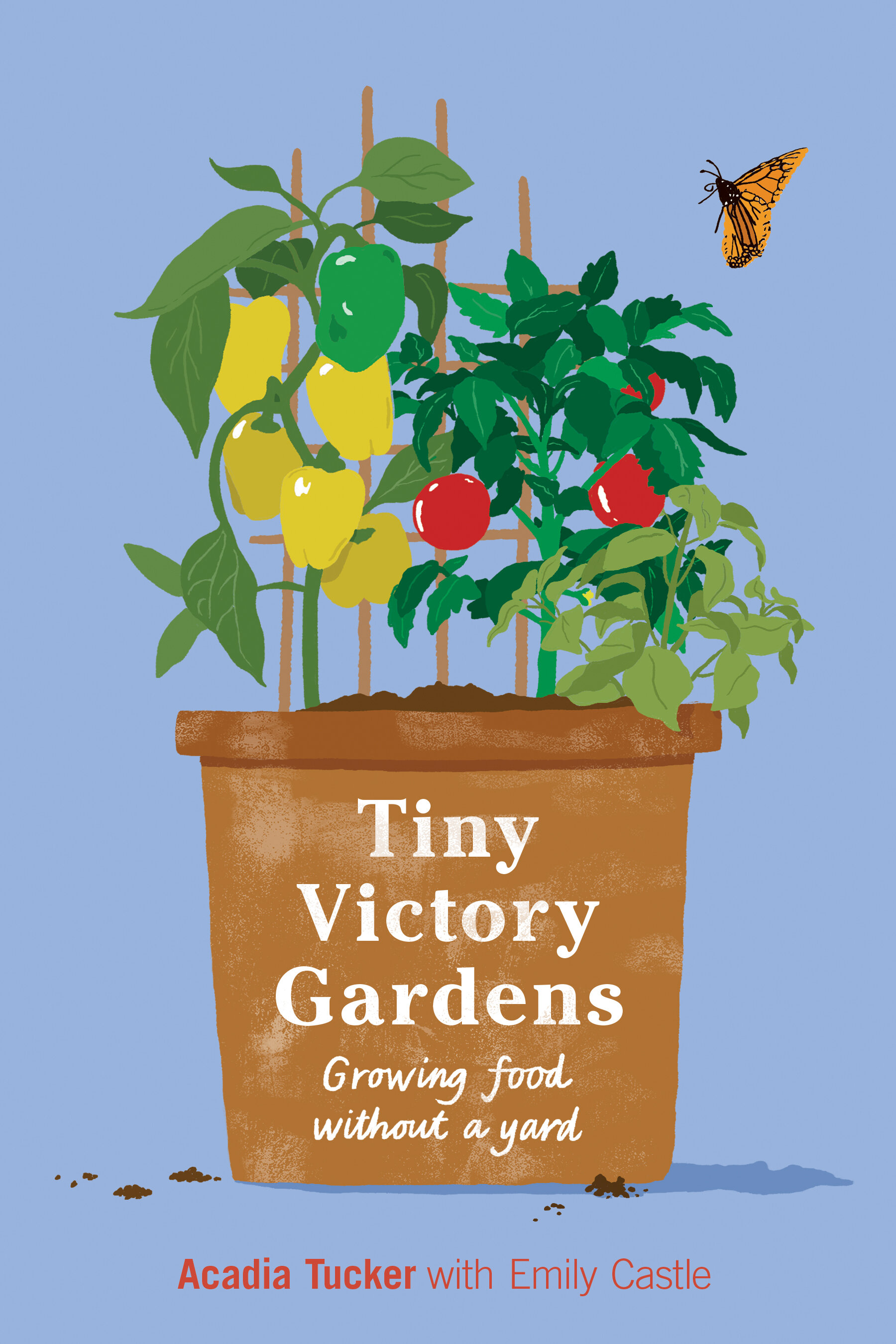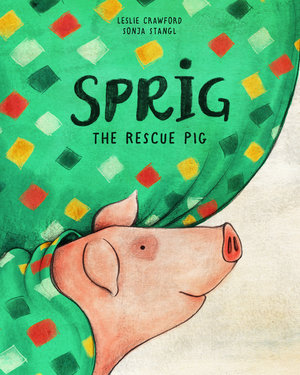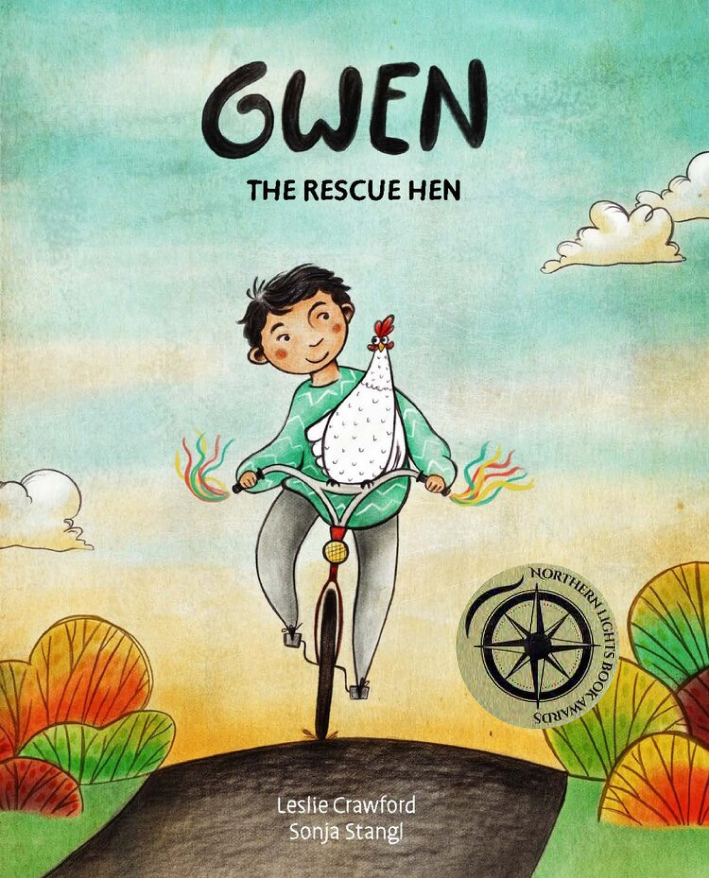Sweet Fermented Hot Sauce
When summer wildfires were only a few towns away from where I live here in northern California, I needed a way to calm my nerves, and use up a bounty of hot peppers. And what better way to honor the fire gods than by making hot sauce? This sauce walks the line between sweet and spicy, and adds a generous kick to roasted vegetables and bean-based stews. It looks good, too. (Photo credit: Mila Holt)
| Yield: ~1 quart | Time: 30 minutes (active) |
Ingredients
½ lb of hot peppers (any variety; here’s a chart for spice level), deseeded and roughly chopped
½ lb of sweet peppers (red bell will work) or ½ lb carrots or ¼ lb each; roughly chopped
Several sprigs of cilantro
1 sprig of thyme
1 small yellow onion, roughly chopped
5-6 garlic cloves, crushed
1 T lime juice
1 T non-iodized salt, such as sea salt, pickling salt or kosher salt
2 cups filtered water (chlorine can affect fermentation)
Preparation
Add the hot peppers, sweet peppers and/or carrots, onion, cilantro, thyme, and garlic to a clean glass jar. Lightly press the vegetables into the jar as you go to reduce air space between them. Fill your jar as much as you can, stopping with about an inch of space left below the rim.
Next, make your brine. Heat the water until the salt dissolves, then allow it to cool to room temp, or barely lukewarm, before using. Pour brine over the vegetables, occasionally pushing them down to release any air that might be trapped. Submerging the vegetables in the salt brine inhibits the wrong kinds of bacteria from growing, so you want to make sure vegetables are completely covered.
To keep the vegetables submerged as they ferment, use a glass fermentation weight, cabbage leaf, or small plate or bowl—anything that will fit inside the jar.
Finally, cover the mouth of your container with a light cloth, dish towel, or cheese cloth to keep out the insects. If using a Mason jar, you can also use its lid as a cover, however you will need to open the lid daily to release any gases that have built up.
Leave the vegetables to ferment for 7-10 days where the temperature will stay between 70F and 75F. As the vegetables ferment, their colors will become less vibrant and the brine will get cloudy. You may even notice a little bit of kahm yeast forming. A little bit is normal, but if too much forms it can affect flavor of your ferment. A thin white film at the top of your ferment is perfectly normal.
Once you are done letting the vegetables ferment, place a fine strainer over a bowl and empty your fermentation container. Make sure to save the brine. Then, add the veggies to your blender with the lime juice and about a ¼ cup of the brine.
Blend the vegetables, adding more brine if needed. The final consistency is up to you! For a thinner hot sauce, add brine until it reaches the desired consistency.
Then, using a funnel, pour your blended hot sauce into either a swing-top bottle or clean jar. The hot sauce will store in the fridge for up to a year. Some separation may occur so shake before using.
Zero-waste tips
Leave the stems on your cilantro!




